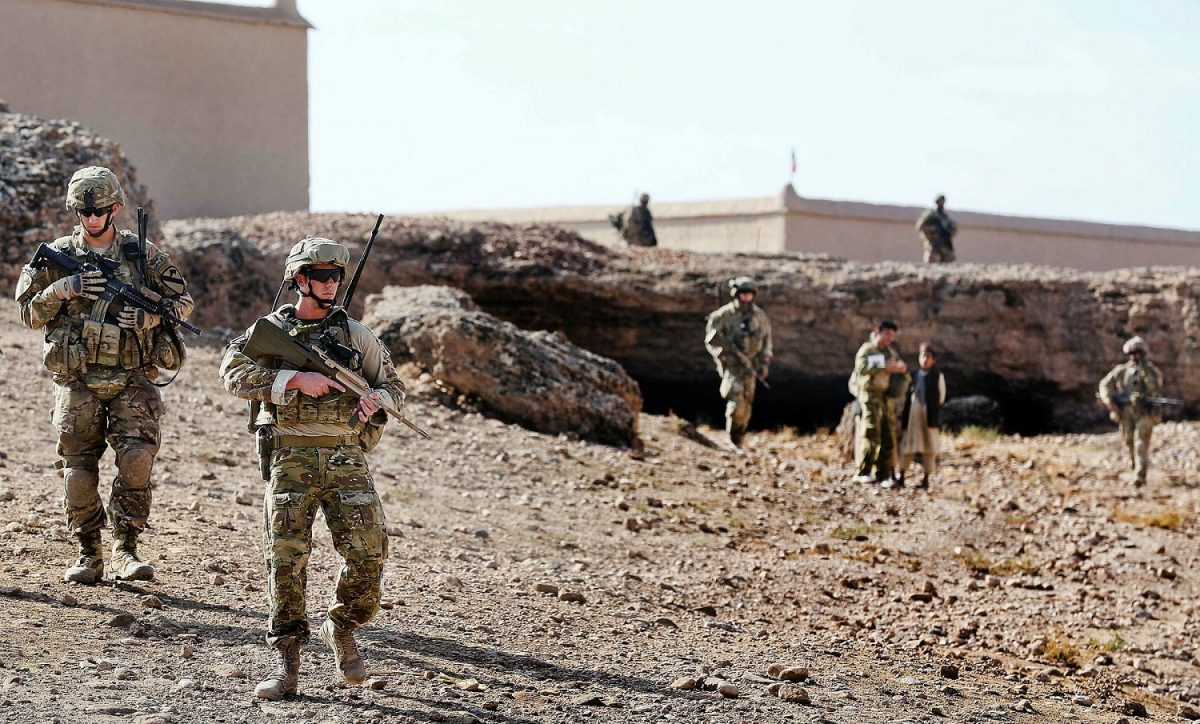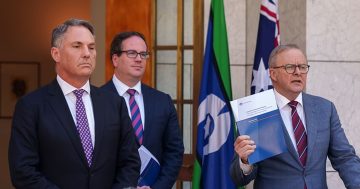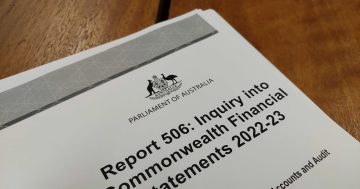
The Federal Government has agreed in-principle to all seven recommendations of a Parliamentary committee inquiry into how Australia decides to go to war. Photo: ADF.
“The power to declare war and send military personnel into conflict is arguably the most significant and serious institutional power, and the gravest decision a government can make.”
That’s the opening sentence of the March 2023 report from the Inquiry into International Armed Conflict Decision Making by the Defence Subcommittee of the Parliamentary Joint Standing Committee on Foreign Affairs, Defence and Trade.
The terms of reference of the inquiry were quite broad, seeking to inquire how Australia made decisions to participate in international armed conflict compared to the approaches of other Westminster system democracies, that parliamentary processes and practices provide greater transparency and accountability, and that the security implications of pre-notification of ADF deployment don’t compromise operational security.
On 7 August the Federal Government responded to that report. It agreed the most consequential decision a government could take was to deploy the Australian Defence Force into an international armed conflict, and said that decision was never taken lightly.
The report made seven key recommendations, all of which the government agreed with in-principle, including:
- Reaffirm that decisions regarding armed conflict are fundamentally a prerogative of the Executive, while acknowledging the key role of Parliament in considering such decisions, and the value of improving the transparency and accountability of such decision-making in the pursuit of national interests.
- Amend the Cabinet Handbook to:
- Restore the primacy of the Governor-General under Section 68 of the Australian Constitution to give effect to decisions of government in relation to war or warlike operations, particularly in relation to conflicts that are not supported by resolution by the United Nations Security Council, or an invitation of a sovereign nation.
- Require a written statement to be published and tabled in the Parliament setting out the objectives of major military operations, the orders made and their legal basis.
- Require Parliament to be recalled as soon as possible to be advised, and facilitate a debate in Parliament at the earliest opportunity following a ministerial statement, based on the 2010 Gillard model, including a statement of compliance with international law and advice as to the legality of an operation.
- Introduce Standing Resolutions of both Houses of Parliament to establish expectations of Executive Government regarding accountability for decisions in relation to international armed conflict, including regular Statements and Updates from the Prime Minister and Minister for Defence.
- Establish via legislation a new Joint Statutory Defence Committee able to receive classified information to improve parliamentary scrutiny of defence strategy, policy, capability development acquisition and sustainment, contingency planning, and major operations.
In response, the Government said it welcomed the finding that decisions regarding armed conflict were fundamentally a prerogative of the Executive, that it reaffirmed its commitment to improving openness and accountability, and ensuring Parliament had effective mechanisms to examine and debate such decisions, and agreed to codify practices relating to informing the Parliament about these decisions.
It also agreed to establish a new Joint Statutory Committee on Defence with further work to be undertaken to determine implementation details; that a ministerial statement be given in both Houses of Parliament to inform a timely debate on the decision by the Executive to engage in major military operations as a party to an armed conflict; and that the debate in both Houses of Parliament should occur at the earliest opportunity.
“This report and the Government’s response rightly affirms this remains a decision for the Executive, but that it is important Parliament has effective mechanisms to examine and debate such decisions,” Deputy Prime Minister and Defence Minister Richard Marles said in a 7 August release.





















